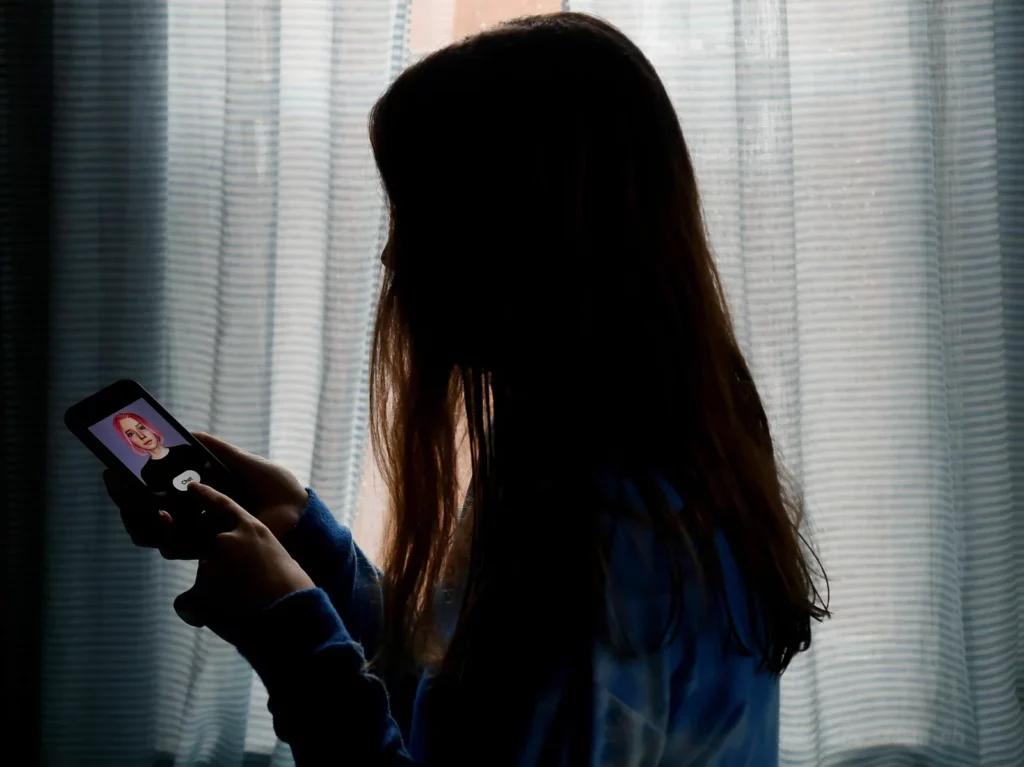Loneliness in youth could impact mental health over the long term
The review, which synthesizes over 60 pre-existing, peer-reviewed studies on topics spanning isolation, loneliness and mental health for young people aged between 4 and 21 years of age, found extensive evidence of an association between loneliness and an increased risk of mental health problems for children and young people.
"As school closures continue, indoor play facilities remain closed and at best, young people can meet outdoors in small groups only, chances are that many are lonely (and continue to be so over time)," said lead author, Maria Loades, DClinPsy, Senior Lecturer in Clinical Psychology at the University of Bath, UK.
"This rapid review of what is known about loneliness and its impact on mental health in children and young people found that loneliness is associated with both depression and anxiety. This occurs when studies measured both loneliness and mental health at the same point in time; when loneliness was measured separately; and when depression and anxiety were measured subsequently, up to 9 years later," Dr. Loades added. "Of relevance to the COVID-19 context, we found some evidence that it is the duration of loneliness that is more strongly associated with later mental health problems."







